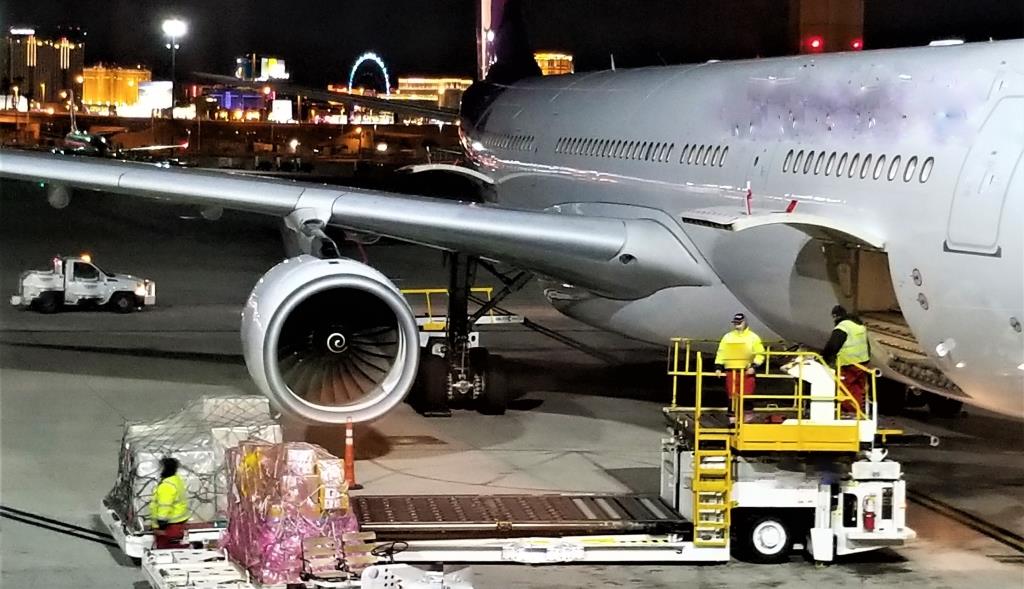
Israel Standardization Policy
The Ministry of Economy’s Standardization Administration is in charge of implementing the national standardization policy.
Why Standardization is Important?
Improving product quality
Ensuring product safety
Increasing the Israeli industry’s ability to compete in domestic and international markets
Removing international trade barriers
Facilitating mutual acceptance of products between Israel and allies, by inspecting products’ compliance to standards
Standardization as Basis for Economic Growth
- Access to markets: facilitating trade by preventing international trade limitations, opening new markets and expanding existing ones
- Product safety: limiting the risk to the consumer, as well as the financial risk to the entrepreneur, by relying on standardization and regulation
- Risk management: a means of assessing risks and taking precise action to minimize their effect, at a reasonable price
- Cost reduction: optimizing the product plan throughout its life – planning, manufacturing, marketing, recycling
- Innovation: operational compatibility as well as measurement and performance-comparison abilities facilitate product introduction and market penetration
- Environmental Protection: minimizing negative environmental effects and improving sustainability by recycling planning
- Energy efficiency: the ability to measure energy efficiency enables educated use and prioritizing energy-saving products and processes
- Quality management: improving quality, reliability and consumer satisfaction
- Supplier-client relationship: determining a clear and measurable basis for the commitment between seller and buyer
- Social responsibility: management ethics, corporate responsibility and norms of behavior
Implementing the National Standardization Policy
Adopting International Standards
Another amendment to the Standards Law was confirmed by the Knesset in late 1999, and determined that when setting a standards the SII should, as a rule, adopt international standardization that is widely accepted in developed countries. In setting such a standard, the nature of trade between Israel and other countries will be taken into consideration. When various different standards exist in developed countries, the SII may determine an alternative standards, provided that any standard so determined will be fully based on an existing one.
In special circumstances, when strictly necessary due to conditions unique to the State of Israel, the SII may change certain conditions stipulated in international standardization, while detailing the reasons in the explanation attached to the standard.
Lowering Cost of Living:
- Removing import restrictions: adopting international standards and accrediting foreign laboratories, while cancelling import duties and double fees.
- Minimizing the variety of products that require SII authorization, thus significantly lowering costs for local manufacturers, who will be able to import raw materials more easily.
- Enhancing supervision processes over market products
- Cooperation with the SII to determine areas of possible concessions for local manufacturers – improving service, lowering prices and minimizing interference with business activity.
The Regulator’s Role on Standardization
The Government takes an active role in ensuring product safety by involvement in setting standards, inspecting product compliance and enforcement in the marketing stage.
More related articles...


International Trade in Israel
Introduction International trade plays a pivotal role in Israel’s economy, enabling the country to overcome its limited natural resources and integrate into the global market.


WTO – The World Trade Organization
The WTO provides a forum for negotiating agreements aimed at reducing obstacles to international trade and ensuring a level playing field for all, thus contributing


Why Do You Need a Comprehensive Market Survey for Successful Goods Import?
Imagine being on the brink of your most ambitious business venture yet: importing a unique range of handmade ceramics from a small but incredibly talented


Shipping and importing products from China to Israel
In the vast landscape of global trade, there exists a bridge connecting two distant lands—one adorned with the intricate tapestry of ancient traditions, the other


TIR (Transports Internationaux Routiers, International Road Transport)
With over 66 countries using the procedure, the TIR system is the international customs transit system with the widest geographical coverage. Because the TIR Convention


Israeli Company Resilience Strategies in the US Market
Overview As the Israeli business community navigates uncharted waters due to the current military conflict in Gaza, companies selling in the US market find themselves

















